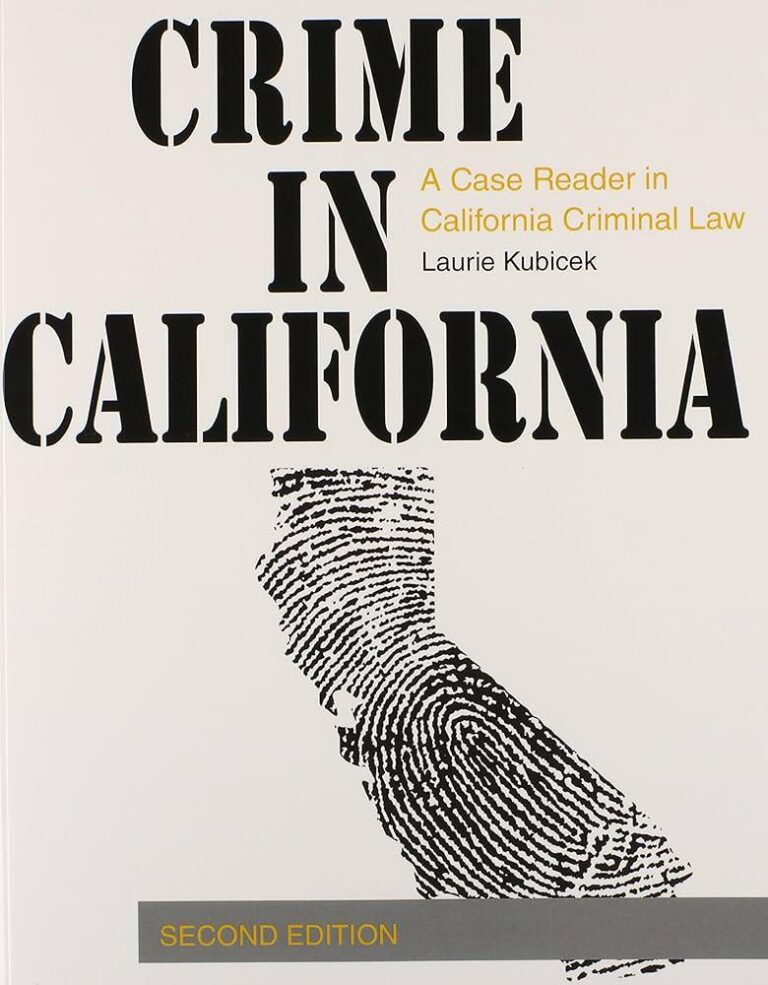California Initiates Legal Challenge Against Federal Troop Deployment in Los Angeles
California has launched a important legal challenge against former President Donald TrumpŌĆÖs decision to send federal troops to Los Angeles, intensifying the ongoing dispute over the federal governmentŌĆÖs role in state-level public safety. The state contends that this deployment represents an unconstitutional expansion of executive power, infringing on CaliforniaŌĆÖs sovereignty and exceeding legal limits on military involvement in civilian matters. This lawsuit underscores the growing friction between state authorities and the federal administration,especially in the context of managing civil unrest and maintaining public order.
Main allegations presented by California include:
- The absence of a formal request or consent from California officials for the federal military presence.
- Concerns that the militaryŌĆÖs involvement was used to intimidate and suppress peaceful demonstrations.
- Questionable legal justification under the Insurrection Act and related statutes for the PresidentŌĆÖs actions.
| Issue | CaliforniaŌĆÖs Position | Federal GovernmentŌĆÖs Argument |
|---|---|---|
| Legal Authority | Exceeded presidential powers without state approval | Authorized under the Insurrection Act |
| Objective | Used to suppress constitutionally protected protests | Intended to restore law and order amid unrest |
| Consequences | Heightened tensions and potential civil rights infringements | Necessary intervention to prevent violence and property damage |
Constitutional and Jurisdictional Challenges of Federal Military Intervention
The presence of federal troops in local jurisdictions like Los Angeles raises complex constitutional questions about the division of power between state and federal governments. Critics argue that such federal military involvement risks undermining the authority of local law enforcement agencies and disrupting established public safety frameworks. Central legal concerns revolve around whether the federal government has exceeded its constitutional mandate and whether states retain the right to independently manage public order within their borders.
Legal scholars emphasize several critical issues:
- Potential breaches of the Posse Comitatus Act, which restricts the use of federal military forces in domestic law enforcement roles.
- The erosion of civil liberties and community trust when military forces are perceived as occupying powers rather than protective entities.
- Confusion over jurisdictional authority, leading to conflicting enforcement strategies between federal troops and local police departments.
| Dimension | Local Jurisdiction | Federal Military Presence |
|---|---|---|
| Source of Authority | State Constitution and Municipal Laws | Federal Government Mandates |
| Command Structure | Local Police Leadership | Department of Defense and Justice |
| Accountability | Locally Elected Officials | Federal Executive Branch |
Judicial Review and the Future of Federalism in Domestic Security
The federal judge overseeing CaliforniaŌĆÖs lawsuit occupies a pivotal role that could reshape the boundaries of federal and state power.This case not only challenges the legality of deploying military forces within civilian areas but also probes deeper constitutional questions about executive authority and state autonomy. The ruling may establish a critical precedent influencing how future conflicts between state sovereignty and federal intervention are resolved.
Key considerations likely to influence the judgeŌĆÖs decision include:
- Interpretation of the Posse Comitatus Act and its exceptions during declared emergencies.
- Protection of state sovereignty in safeguarding citizens from potential federal overreach.
- Long-term implications for federal responses to civil disturbances and other crises requiring rapid military deployment.
This case could become a landmark ruling, redefining the balance of power between federal authority and state governance for years to come.
Strategies for Coordination and Accountability in Military Domestic Deployments
To prevent future conflicts and ensure lawful military involvement in domestic affairs, state and federal authorities must develop clear, thorough frameworks governing troop deployments within U.S. cities.This includes establishing stringent criteria for when and how military forces can be mobilized, safeguarding constitutional rights, and preventing misuse of military power. Enhanced collaboration between state governments and federal agencies is essential to foster transparent communication and coordinated responses that respect both security imperatives and civil liberties.
Beyond legal reforms, ongoing training focused on community relations and de-escalation techniques for military personnel assigned to domestic operations is crucial. Recommended measures include:
- Independent oversight bodies tasked with reviewing the necessity and conduct of each deployment.
- Public engagement initiatives to maintain transparency and build trust with local communities.
- Regular audits and reporting on operational effectiveness and resource management.
| Recommendation | Objective | Anticipated Outcome |
|---|---|---|
| Legal Framework Clarification | Define clear parameters for troop deployment | Minimize constitutional disputes |
| Training and Community Outreach | Enhance military-civilian cooperation | Build public confidence |
| Oversight and Transparency | Ensure accountability in military actions | Increase operational integrity |
Final Thoughts on the California Federal Troop Deployment Case
The forthcoming court hearing represents a critical juncture in CaliforniaŌĆÖs legal opposition to the federal troop deployment in Los Angeles. Stakeholders from across the political landscape will be closely monitoring how the judiciary addresses the intricate issues surrounding federal authority and state rights. The verdict could have profound and lasting effects on the distribution of power between state governments and the federal administration in managing domestic security challenges. Updates will be provided as this crucial case progresses.




